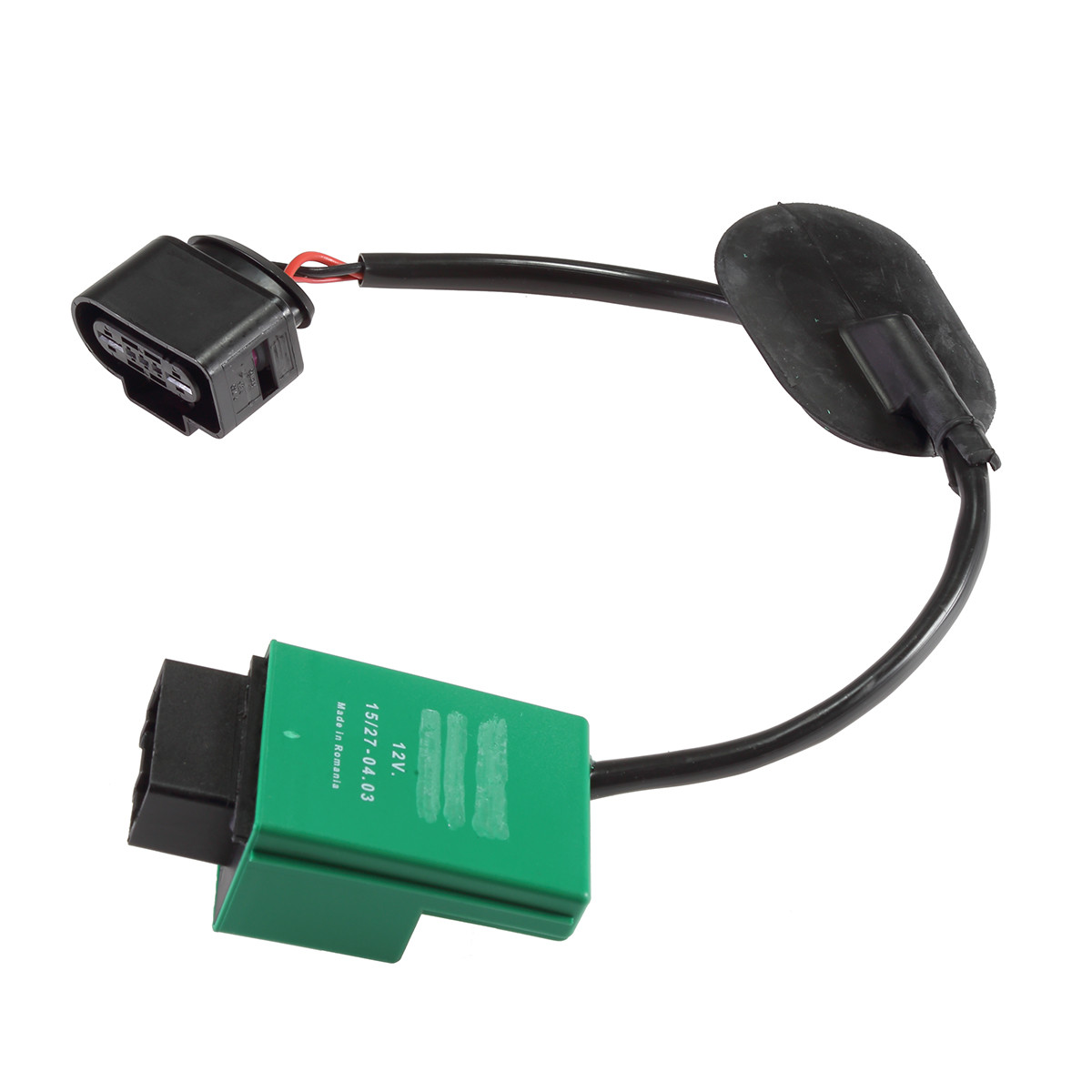Are you having trouble with your vehicle’s performance? It might be time to look at the fuel pump control module.
This crucial component ensures your car gets the right amount of fuel to run smoothly. But how do you know if it’s working properly? Testing a fuel pump control module might sound intimidating, but it’s simpler than you think. By understanding how it works, you can save yourself from unexpected breakdowns and costly repairs.
Dive into this guide to learn the essential steps to test your fuel pump control module, and ensure your vehicle stays in top shape. Your peace of mind on the road starts here!

Credit: www.europaparts.com
What Is Fuel Pump Module
Testing a fuel pump control module ensures proper fuel delivery in vehicles. Key steps involve checking for power, ground connections, and listening for pump activation sounds.
Understanding the components of your car’s fuel system is crucial. One essential part is the fuel pump control module. It’s a key player in ensuring your vehicle runs smoothly. So, what exactly is this component, and why is it important?
Definition of a Fuel Pump Control Module The fuel pump control module is a vital car component. It manages the power sent to the fuel pump. This control ensures the engine gets the right amount of fuel. Without it, your car might face fuel supply issues.
Key Functions of the Fuel Pump Control Module Here are the main roles played by the fuel pump control module: – Regulates Fuel Pressure: It ensures consistent fuel pressure for optimal engine performance. – Monitors Fuel Delivery: It checks the amount of fuel sent to the engine.
– Communicates with Engine Control Unit (ECU): This allows for real-time adjustments based on engine needs. – Prevents Fuel Pump Overload: Protects the pump from excessive strain or damage. Importance of a Fuel Pump Control Module The fuel pump control module is crucial for vehicle efficiency.
It ensures your engine gets the right fuel amount. This balance enhances performance and fuel economy. A malfunction could lead to poor fuel efficiency or engine failure. Symptoms of a Faulty Fuel Pump Control Module Recognizing a faulty module is essential.
Here are some common signs: – Engine Stalling: The engine might stop unexpectedly during operation. – Poor Fuel Economy: You’ll notice an increase in fuel consumption. – No Start Condition: The car struggles to start or doesn’t start at all.
– Engine Misfires: There could be inconsistent engine performance. Understanding these aspects of the fuel pump control module can help maintain your vehicle’s health. Knowing what to look for can prevent costly repairs.

Credit: www.youtube.com
Conclusion
Testing a fuel pump control module is essential for vehicle health. Regular checks prevent breakdowns and ensure smooth driving. A faulty module can lead to engine problems. Simple tools can help in testing the module effectively. Listen for unusual sounds and check for error codes.
Follow safety measures and guidelines closely. Always consult a professional for complex issues. Testing regularly saves time and money. Keep your vehicle running efficiently with proper checks. Understanding the module helps in better maintenance. Remember, a well-maintained vehicle lasts longer and drives better.
